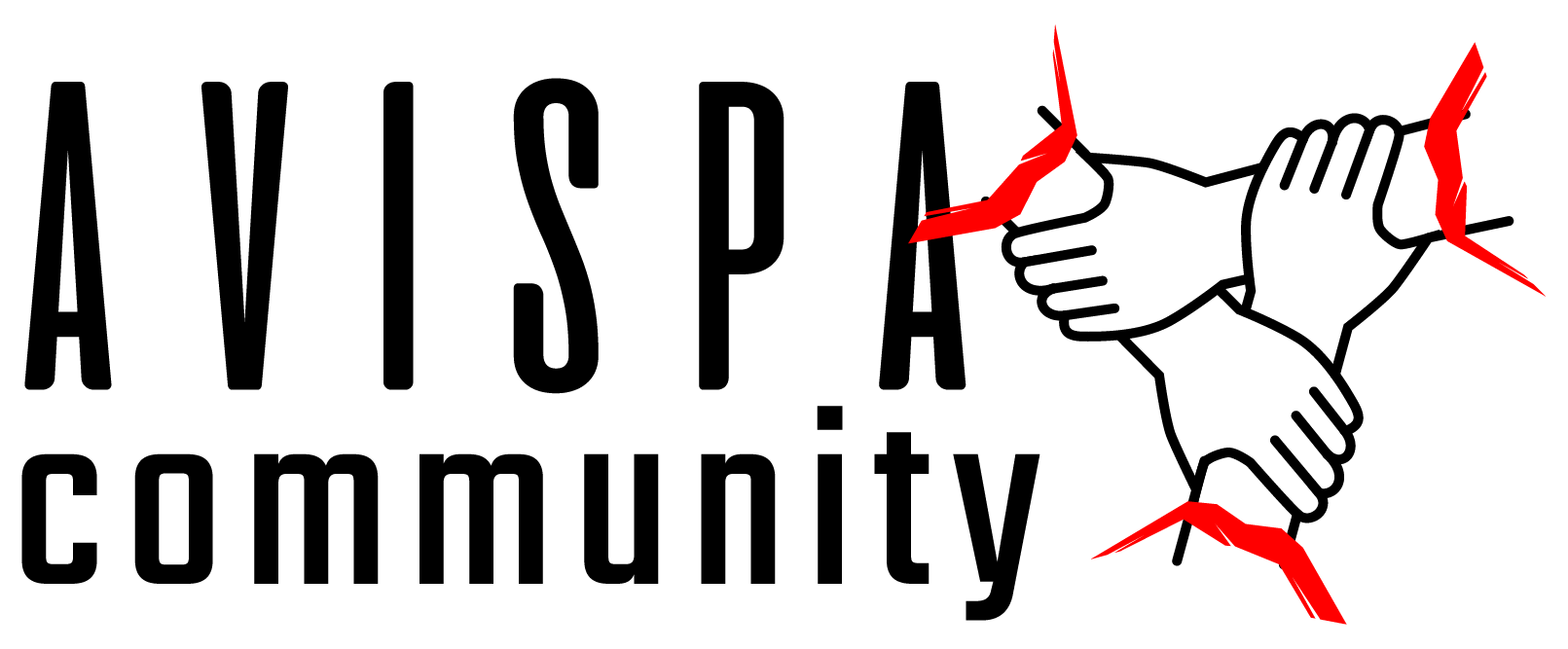Cover image: A resident of San Juan Chapultepec, Oaxaca, showing the water they receive from the tap. Photo: Santiago Navarro F
The rains that have covered the central valleys of Oaxaca in southern Mexico during the last two months have temporarily eased the intense heat, drought, and lack of water suffered in the state. Yet regardless of the temporary relief, “the reality is not like this,” warns Juan José Consejo of the Institute of Environment and Society of Oaxaca (INSO).
Public discussion surrounding the water crisis in Oaxaca was revived in recent weeks after the governor of the state, Salomón Jara, in the presence of the president elect, Dra. Claudia Sheinbaum, announced the proposal to restart construction on the Paso Ancho dam to “endow” water to the metropolitan zone of Oaxaca, which includes 22 municipalities.
Twelve years ago, in 2012, the construction of the dam began in the municipalities of San Vicente Coatlán and Sola de Vega—in the southeast area of the state, in the transition zone between the central valley and the sierra madre mountains—with then governor Gabino Cué. In 2014, the construction was suspended by the Federal Attorney for Environmental Protection (PROFEPA) for not having authorization to change the soil use designation in forested lands.
In addition to PROFEPA, the Secretariat of Environment and Natural Resources (SEMARNAT) decided to discard the authorization linked to 1.0251 hectares because “it didn’t present the technical information and legal documentation.” At that moment, this action was taken up against the company in charge of the project, Tradeco Infraestructura, S.A. de C.V. The authorities documented that already 2.0174 hectares of low deciduous and oak forest vegetation had already been affected.
This project was taken up anew in January 2024, in the Congress of Oaxaca, where the engineer Nezahualcóyotl Salvatierra López, Secretary of Infrastructures, detailed the project as “strategic” because according to the government, “it could be the long term solution to the problem of lack of water in the metropolitan zone (of Oaxaca).”
For Consejo, a crisis as complex as this one cannot be resolved by a project or a decree although politicians tend to think so. “It requires a very well elaborated set of measures of legal, technical, administrative, and economic character. We sometimes refer to these failed projects that they try to revive as the return of the zombies. These are already dead things that they want to see walk again,” he says.
The organizations which participate in the Observatory demand that information about the project be made public and that the right of the communities to be informed and consulted be respected. “There is no information of where it will be located, how many municipalities the aqueduct has to cross (around 90km), and what it implies for these municipalities. In addition, we do not know what will happen with the communities that are downstream from the dam because the water will be retained by the project,” says Mauricio del Villar Zamacona of the Oaxacan Water Forum.
“We need information about the project,” says Consejo, but there are elements that are characteristic of these types of projects that “we continue to see as insurmountable.” For example, these are projects that are very expensive and usually have a short life span in relation to their costs, “no more than 20-25 years, then they become useless.”
Inequality Worsens the Crisis
The possible revival of the project is taking place in a national context where different social movements are fighting “above all against the role played by the National Water Commission in promoting these types of projects, whose viability is in question,” says Nadir Hernández, of the organization Flor y Canto. “Above all because they continue generating patterns of inequality in access to water. That is to say, water continues to be provided to businesses and urban centers, and those who continue suffering the dispossession of water in their own territories are Indigenous communities and towns. They benefit the least from these types of projects.”
Another demand is the revision of the system of water concessions. It is a system that is designed to dispossess the communities of their water. It grants large concession holders, major companies, and certain individuals, access and free use of ground water. This has generated unequal distribution,” adds Hernández.
Other Options Exist
Politicians typically use the argument that “there is no other option. We must bring water in from somewhere else,” says Consejo ironically, to justify the large projects. “I would like to emphasize that, yes, there is another option, or there are multiple other options. In reality, for a long time a series of measures have been proposed to adequately address the problem of water; measures that are cheaper and, on many occasions, quicker than this project. Without a doubt they make more sense from a social and ecological point of view,” he explains.
He explains some of them: preserve the water catchment zones that still exist in the central valleys; activate projects and programs to harvest water; repair the public water pipes; assure that the water is cleaned and that polluting it is prohibited; establish systems for saving and recycling water. “What I want to emphasize is that, yes, we have concrete proposals to present in a discussion that must be public and open in order to address the problem that affects us all.”
Where is it?
Villar Zamacona explains that the Observatory had access to the makeup of the 2024 budget designated to water “There is an important budget for water-related issues. Around 8 billion pesos. We do not know exactly where that money is being used.”
He also states that at the end of February, there was a conference held by the state government, where they said that by the beginning of 2025, the Paso Ancho project should begin.


